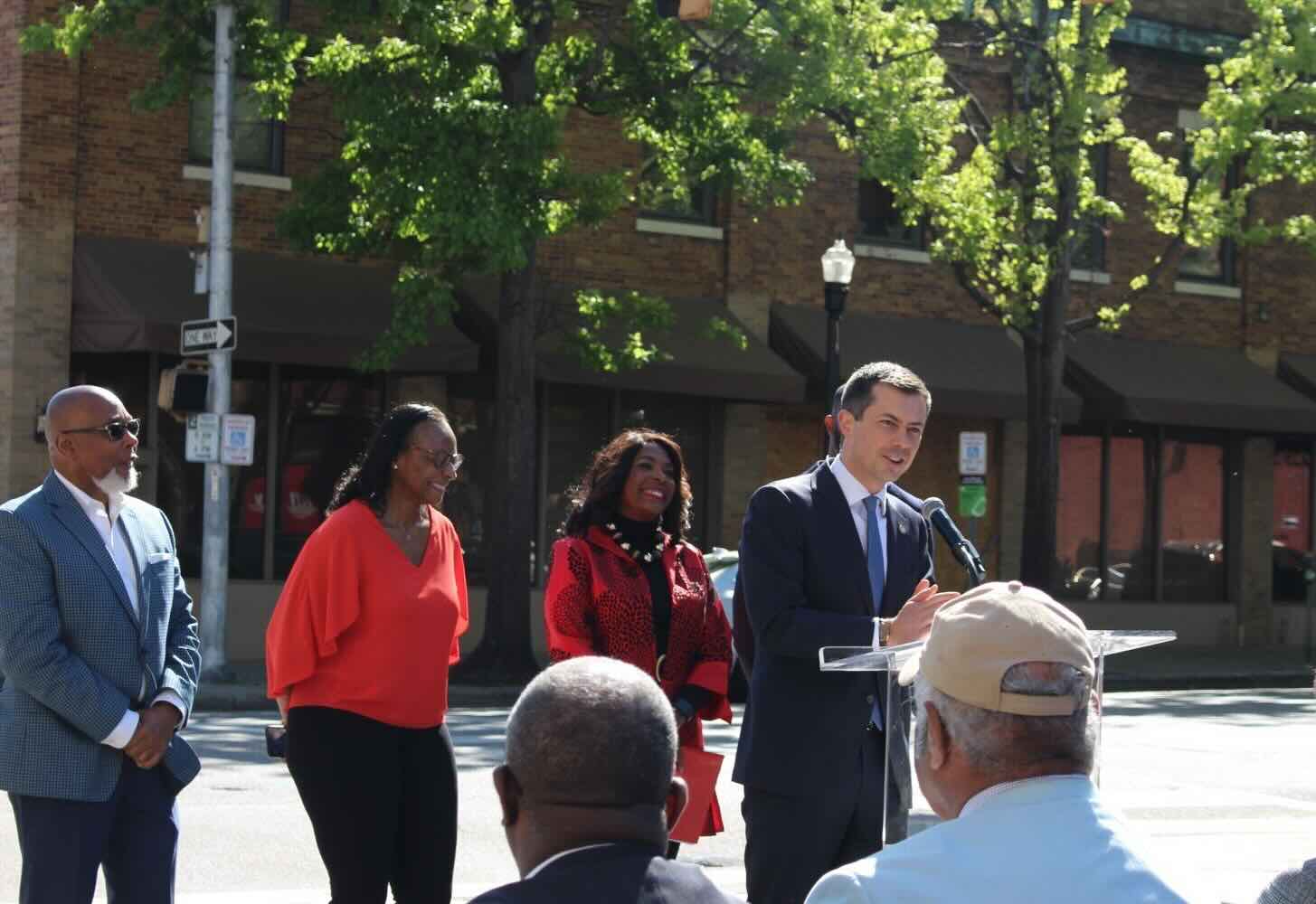ImpactAlpha, Nov. 14 – “Elevate and Rise” bonds in Denver. ESG-labeled bonds in Chicago. Social bonds in New York.
Cities that issue hundreds of billions of dollars in municipal bonds each year are trying to identify how the proceeds address longstanding racial inequities. It reflects the growing sophistication of bond issuers in managing social risks – and reducing their cost of capital.
There’s at least anecdotal evidence that markets are rewarding efforts to build more affordable housing, stimulate equitable post-pandemic growth and fund greater access to healthcare.
Case in point: New York City, one of the largest issuers of municipal debt in the country. The city in September attracted more than $1.8 billion in investor interest for the city’s first bond with a ‘social’ label, a $400 million issue for affordable housing.
The demand “allowed us to tighten the spreads,” says Marjorie Henning, NYC’s deputy comptroller for public finance. In other words, investor interest in social issues allowed the city to drive a lower interest rate.
The city was also able to “expand its base” of investors, Henning told ImpactAlpha. “We were very happy with the results.” Henning says the city intends to issue social bonds on an annual basis.
Investors are expected to snatch up a record of more than $60 billion in environmental, social and governance-, or ESG-, labeled municipal bonds in 2022.
Henning will join Public Finance Initiative’s Lourdes Germán, Rob Fernandez of Breckinridge Capital Advisors, and Kimberlee Cornett of the Robert Wood Johnson Foundation on ImpactAlpha’s next Agents of Impact Call, “Optimizing muni bonds for racial justice,” this Wednesday, Nov. 16 at 10am PT / 1pm ET / 6pm London (RSVP here).
Delivering racial equity
Issuers are interested in highlighting the racial and equity impacts of their investments, Matt Stitt of PFM, one of the country’s largest advisors to muni bond issuers, told ImpactAlpha, “but need to ensure they are making fiscally responsible and sustainable decisions.”
That could mean realizing increased investment for bonds, he says, “or increased clarity on what types of information is most valuable to investors” or other stakeholders.
Impact-oriented investors are looking at the $4 trillion municipal bond market as an opportunity for systemic change and on-the-ground impact in historically disadvantaged neighborhoods.
“When we started looking around for what were the big veins, the big pools of capital, that weren’t fully optimized for investing in health, the municipal finance market really showed up very strong,” Kimberlee Cornett of the Robert Wood Johnson Foundation said on ImpactAlpha’s Agents of Impact podcast.
The foundation has embarked on a mission to reshape the muni market around health equity and racial justice. Early efforts include research grants for nonprofits like Public Finance Initiative and support for fiscal justice advocacy organizations like Activist (Robert Wood Johnson Foundation supports ImpactAlpha’s Muni Impact coverage).
Despite the rise social and ESG labeled bonds, many issuers “remain uncertain as to how to properly leverage capital markets to ensure civic resiliency and equitable outcomes for their residents, Lourdes Germán of Public Finance Initiative reported in “Leveraging Municipal Bond Markets to Disrupt Systemic Inequalities.”
This week, Germán will begin a process of stakeholder feedback focused on the draft framework and set of tools developed by the Public Finance Initiative and its partners to help issuers and other stakeholders elevate racial equity in the municipal bond issuance process.
“It is a little bit of introducing a paradigm shift,” says Germán, who will discuss the framework on Wednesday’s Call. The effort, based on focus groups with issues and investors, can help “round out an issuer’s understanding of a community and the ability for a deal to do something in the world that’s different.”
Managing social risk
ESG and impact investors increasingly want more than a label.
“The market is more sophisticated now,” says Caitlin MacLean of the The Milken Institute, which is out with “Integrating ESG Data to Improve Risk Management and Municipal Resilience.” “Investors are starting to demand better data.”
Local governments, for example, have paid $3 billion in misconduct lawsuits in the last decade, as scrutiny of police conduct has risen. “Capital planning, budgeting procurement, and public asset management must adequately account for and mitigate these risks,” write MacLean and her Milken Institute colleagues Maressa Brennan and Ivy Hsu.
Milken Institute convened muni market participants to identify data solutions that help shed light on climate and social risks in capital planning and bond issuance.
Among the solutions: platforms to centralize inter agency data flows, municipality risk and impact statements, and recognizing and rewarding best-in-class ESG efforts.
One challenge fixed-income managers face is wanting to achieve more impact through muni bond investing but then also aiming to provide a reliable income for investors. “Connecting impact and credit quality is something we think a lot about,” says Rob Fernandez of Breckinridge Capital Advisors, which integrates ESG into its credit analysis.
Fernandez says better tools and data would help the firm better spot racial biases and mispriced social risks in bond markets – and meet increasing investor demand for racial equity.
Follow all of our Muni Impact coverage, made possible with support from the Robert Wood Johnson Foundation.











